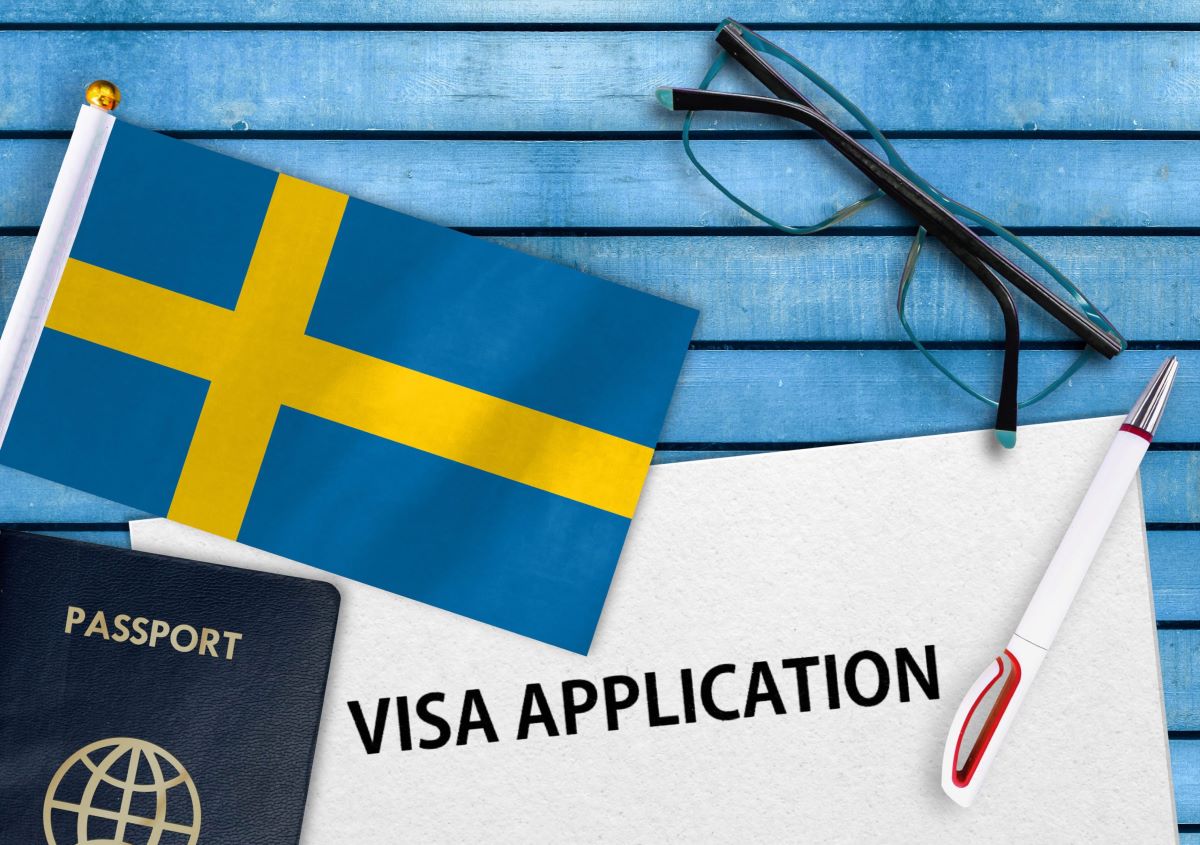
The Swedish Migration Agency is set to overhaul its work permit processing model on January 29th, with a focus on speeding up wait times for highly qualified international talent.
This move addresses concerns about lengthy processing times hindering Sweden’s ability to attract skilled workers and remain competitive.
Prioritizing Highly Qualified Workers
The new system prioritizes service to employers recruiting workers in roles categorized as “highly qualified” under the Standard for Swedish Classification of Occupations (SSYK).
This includes leadership positions, roles requiring higher university education, and roles requiring university education or equivalent.
These applications, classified as Category A, will be handled by dedicated international recruitment units with a guaranteed maximum processing time of 30 days.
Faster Processing Through Categorization
To achieve this swift turnaround, the Agency will implement a new way of sorting applications. Work permit applications will be divided into four categories (A-D), with Category A receiving priority. Additional filtering by occupation and industry allows for faster identification of applications ready for decision-making, further reducing processing times.
Enhanced Support for Employers
Beyond faster processing, the Agency will offer targeted support for employers hiring highly qualified workers. This includes:
- Dedicated customer service: Phone, email, and potentially in-person consultations.
- Project-specific support: Additional assistance for major projects with large recruitment needs, such as battery companies and new steel plants in Norrland.
- Industry engagement: Continuous collaboration with industry and employer organizations to address their information needs and improve application completeness.
Driving Sweden’s Competitiveness
This revamped system aims to address Minister Malmer Stenergard’s concerns about long processing times hindering Sweden’s ability to attract and retain talent.
The previous “certified process” for large companies proved insufficient, with its scope growing from 20 companies to 640, creating inefficiencies and delays.
Mikael Ribbenvik, the Migration Agency’s previous director-general, lobbied for this reform to focus on attracting highly skilled workers. He believes this targeted approach will enable Sweden to compete effectively in the global talent market.
Conclusion
The Swedish Migration Agency’s new work permit processing model signifies a significant step towards attracting and retaining international talent.
By prioritizing highly qualified workers, streamlining application procedures, and enhancing support for employers, the Agency aims to ensure that Sweden remains a competitive destination for skilled individuals.

